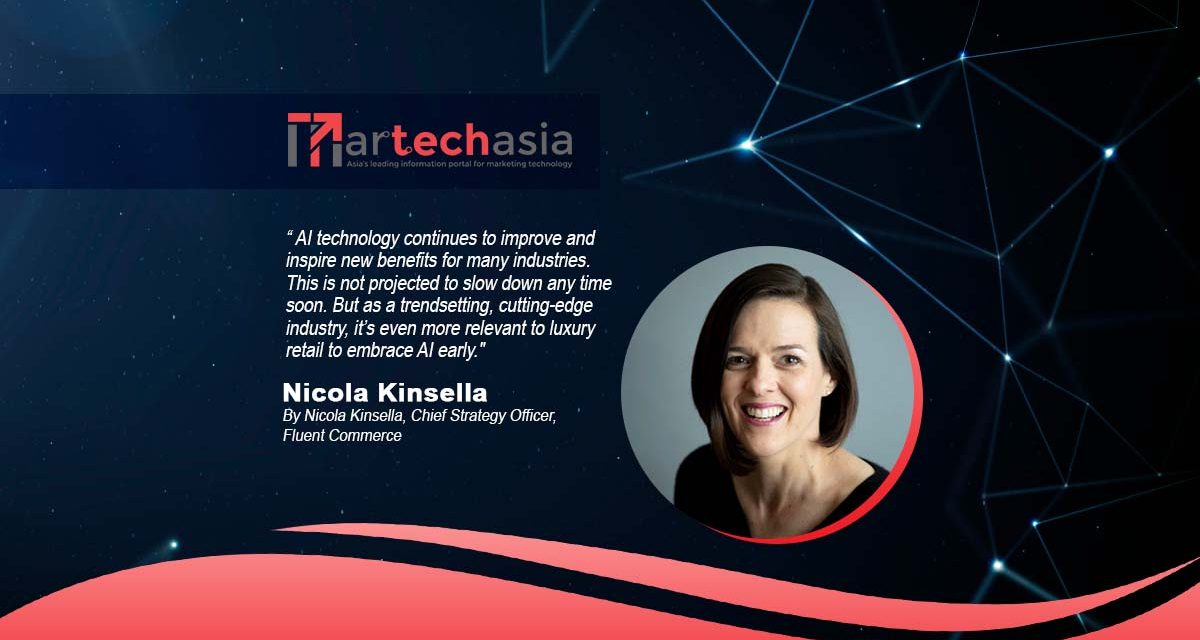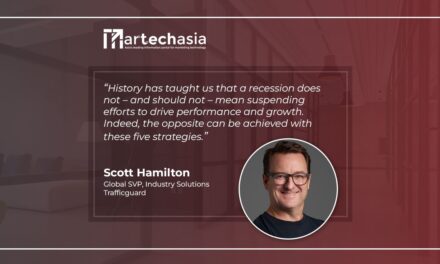Luxury products have long held a timeless, classic energy in culture. But with the rise of artificial intelligence (AI), the luxury industry must also evolve.
The Asia Pacific luxury goods market is expected to grow at a CAGR of 3–4.06% from 2024–2029. In China alone, they are expected to play a key role in the market’s growth, accounting for over 50% of total sales by 2027.
AI technology can offer many benefits in terms of marketing and the customer experience. Not only can it allow business processes to run smoother, it can also take the guesswork out of marketing initiatives. It tracks exactly what customers shop for when browsing a business’s products. This helps to streamline marketing efforts and better control inventory.
Luxury retail brands are already using AI in a variety of ways to improve the front-end customer journey.
- More personalised experiences
Dior and Louis Vuitton are using AI-enabled chatbots to connect with customers at scale in a way that still looks like natural language, including the use of emojis. This means they can provide more personalised experiences across more customers with less manual effort.
L’Occitane is using machine learning to provide customers with personalised experiences, including personalised product recommendations. This not only provides customers with a highly curated experience, but also increases conversion rates and boosts sales. - Creative campaigns that connect
Luxury brands are seeing a dramatic shift in their customer base, with consumers under 40 now representing 40% of the market, overtaking the historically dominant older demographic. Brands like Moncler, Zegna, and Valentino have started using AI to create campaigns. Blending AI-generated content with human creativity to create the kind of new brand experiences that luxury customers crave. - Interactive online brand experiences
Sephora uses Modiface AI technology to power their online Visual Artist. This virtual makeup experience lets customers upload a photo of themselves so they can “try on” makeup to see how different products will look on them. Not only does this offer customers a fun and interactive brand experience they’re likely to share with friends, it boosts online sales by removing the risk of buying a colour you haven’t tried on in person. - Deeper customer insights
Prada Group is using AI to gain deeper insights into their customers. These insights enable them to deliver high-quality content faster across a range of multi-channel communications. Once again, driving increased sales.
But the benefits of AI are not limited to front-end customer experiences.
How can AI improve operational efficiencies in luxury retail?
There are several ways in which AI can drive operational efficiencies.
Burberry is using AI for image analysis to identify counterfeit products. They use machine learning to analyse millions of images and identify subtle irregularities and inconsistencies in product properties (like size, shape, colour, texture, and angles) so they can identify which products are genuine and which are fake.
Ralph Lauren is using AI across many different business functions for tasks like copy editing, graphics, and code generation.
Improved commerce search & demand forecasting
Some ecommerce search engines, like Constructor, now provide AI-driven product attribute enrichment tools. These tools help improve product discovery and the relevance of search results. They can also be used to enable AI-generated product descriptions. While these AI-generated descriptions may need to be edited for a luxury audience, using AI can reduce the effort required, thereby increasing the efficiency of product information managers.
What’s more, having a lot of defined product attributes for each item you sell has another benefit: Improving demand forecast accuracy. Especially for predicting demand for products without any historical sales data—which is often the case for seasonal items.
The rise of AI Agents makes composable solutions essential
As we look to the future, the next wave of enhanced experience and operational efficiency, will come from AI Agents. These agents will operate across applications. Perform complex tasks. And unlock new customer experiences. Unbound by the four walls of any one system, they will work across them to drive better business outcomes.
What if, a monitoring agent noticed that several orders are stuck in an exception status, and may be delivered late to a customer. Maybe it lets a fulfillment optimization agent know, so it could automatically reroute those orders to another location that can meet the customer promise. Or notify a customer messaging agent that could interact with the customer to resolve the issue in a satisfactory way.
To achieve this, you need composable systems that are designed to talk to, and integrate flexibly with, anything, including AI Agents. Ones, like Fluent Order Management, that take a API-first approach to connectivity, so they can easily respond to AI Agent requests, and take action based on their input.
The future of luxury retail with AI technology
AI technology continues to improve and inspire new benefits for many industries. This is not projected to slow down any time soon. But as a trendsetting, cutting-edge industry, it’s even more relevant to luxury retail to embrace AI early.
Whether you’re a luxury brand looking to enhance your customer experience with AI-driven chatbots and personalised product recommendations, or to optimise business operations by enhancing product attribute data, inventory availability processing, and demand forecast accuracy, AI can help.



















